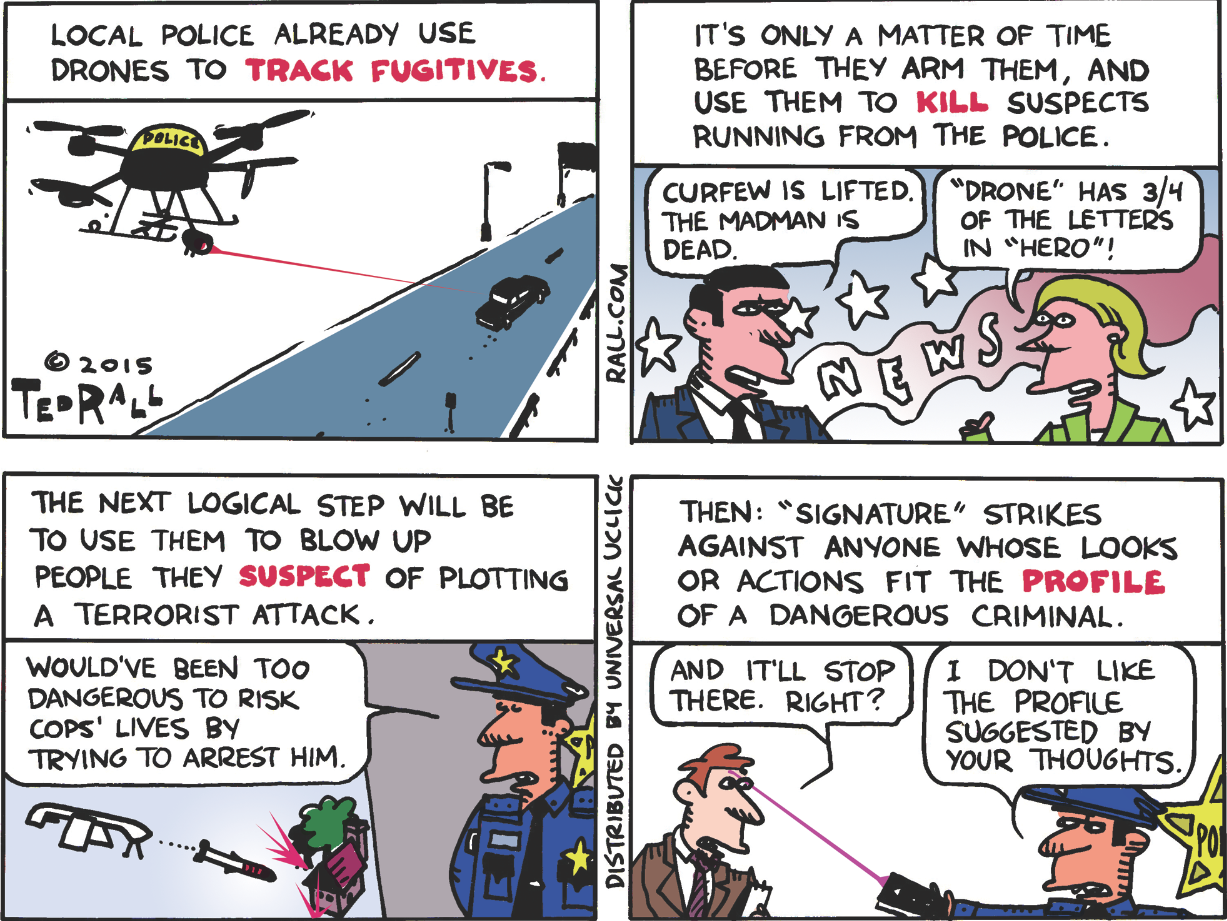What began as a trickle has become a stream that could become a cleansing torrent. Criticisms of the over-criminalization of American life might catalyze an appreciation of the toll the administrative state is taking on the criminal justice system, and liberty generally.
In 2007, professor Tim Wu of Columbia Law School recounted a game played by some prosecutors. One would name a famous person — "say, Mother Teresa or John Lennon" — and other prosecutors would try to imagine "a plausible crime for which to indict him or her," usually a felony plucked from "the incredibly broad yet obscure crimes that populate the U.S. Code like a kind of jurisprudential minefield." Did the person make "false pretenses on the high seas"? Is he guilty of "injuring a mailbag"?
In 2009, Harvey Silverglate's book "Three Felonies a Day" demonstrated how almost any American could be unwittingly guilty of various crimes between breakfast and bedtime. Silverglate, a defense lawyer and civil libertarian, demonstrated the dangers posed by the intersection of prosecutorial ingenuity with the expansion of the regulatory state.


















With your current subscription plan you can comment on stories. However, before writing your first comment, please create a display name in the Profile section of your subscriber account page.